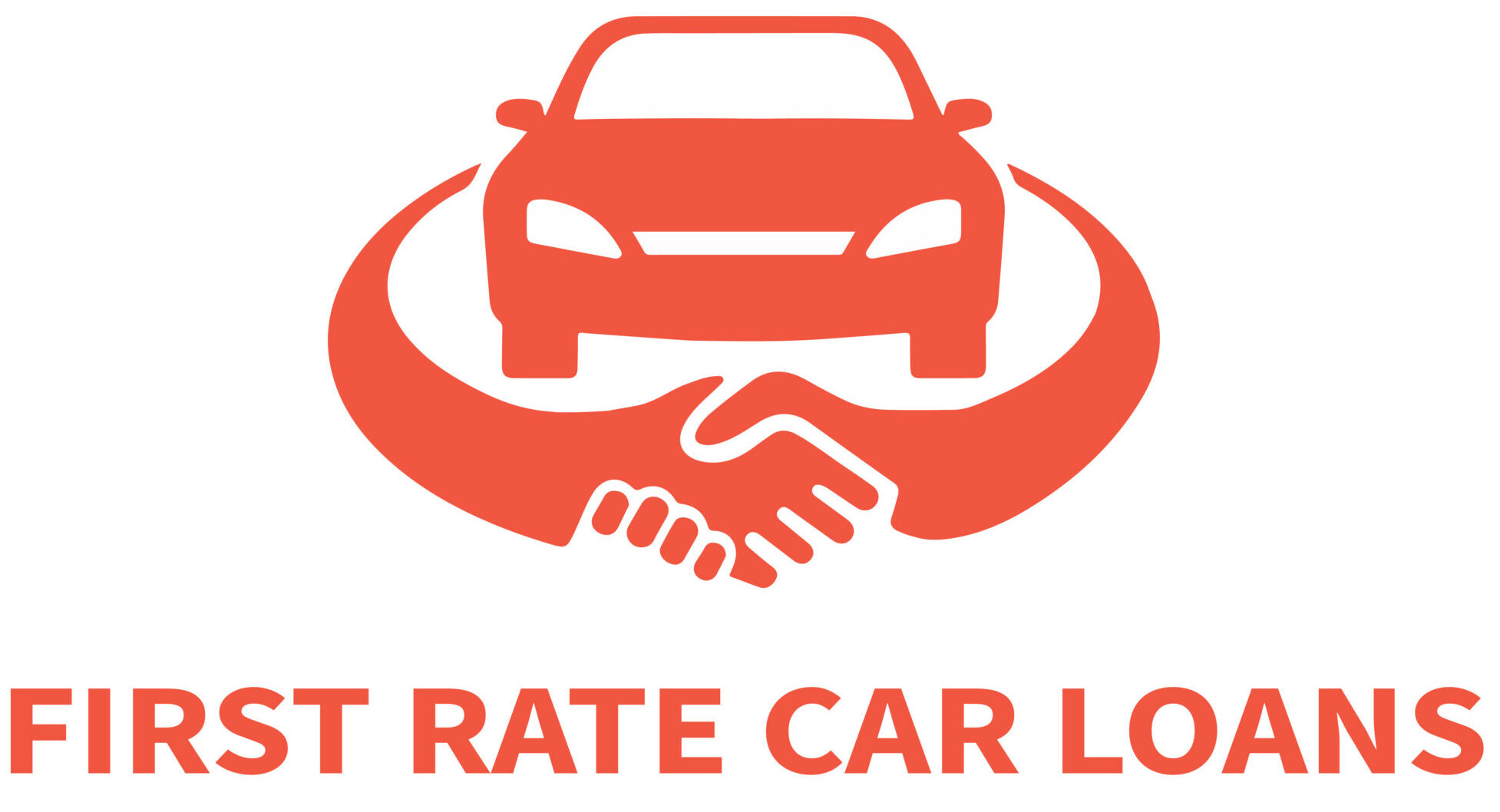Consolidating medical debt can aid in reducing your monthly payments and cut down on the monthly bills you must pay. However, you may spend more money in the end and miss out on crucial credit protections applicable to medical expenses. Note on Editorial: Intuit Credit Karma receives the cost of third-party advertising. However, this doesn’t influence the editorial opinions of our editors. Our third-party advertisers aren’t able to have the authority to review, approve or support the editorial material we publish. The content is accurate to the greatest of our knowledge at the time it is it’s published.
Advertiser DisclosureAdvertiser Disclosure
We believe it’s essential for you to comprehend how we earn money. It’s pretty simple. The financial products and offers we display on our website originate from businesses that pay us. The money we make helps us provide you with report and credit score reports for free, as well as assists us in creating the other tools we use and educational resources.
Compensation can influence the way and place that products are displayed in our marketplace (and in which order). We generally earn profits when you discover an offer you are interested in and accept the deal; we will present you with offers that we believe best fit your needs. This is why we offer options like your Approval Savings estimates and odds.
The offerings on our website don’t necessarily represent the entire range of financial products available Our goal is to present you with as many options as possible.
How medical debt consolidation works
Similar to other types of debt consolidation, such as medical bill consolidation, it involves taking out new loans or lines of credit to pay off your debt. These funds will pay off your existing debt and then begin paying off the new credit card.
In the case of most types of loans, the purpose of consolidation is to reduce your payment or pay lower interest than the current account.
However, many kinds of medical debt do not accrue interest at all or offer interest rates at a low level. In these instances, debt consolidation through an interest-bearing loan could end up costing you more overall, particularly when you must pay for any costs to set the loan in place.
Consolidation can help you save money. However, you should consider it if your current expenses are incurred with significant interest. You could be in this scenario when you’ve made payments for medical expenses using a credit card or loan or a medical credit card that comes with a delay-in-payment offer you couldn’t pay off before the financing period expired.
Since medical debt consolidation could reduce your monthly payments, You may consider pursuing it. However, it could mean having to pay more on medical bills in the future due to increased interest. However, it’s important to understand there’s another option to consider: your credit score.
Can medical debt consolidation affect your credit?
Suppose you’re enrolled in a payment arrangement with the healthcare provider you use for your medical bills. In that case, it is unlikely that the debt will have to be disclosed to three main consumer credit bureaus: Equifax, Experian, and TransUnion. In this case, the debt will not affect your credit score.
However, that doesn’t mean medical debt will never be reported on your credit report.
If you fail to pay the medical bills, the account could be transferred or sold to a collection agency in the future. The collection agency might be able to report the debt you haven’t paid to the credit bureaus. The report could appear on your credit reports and remain there for up to seven years after the date the account first became due.
However, with the medical bills, you may get some relief before you get there.
The cost of hospitalizations and the delays that result when dealing with insurance companies have led to special treatment for medical expenses that include …
The major credit bureaus for consumers have agreed not to add medical collections on your credit report until your account has been 180 days overdue.
The credit bureaus may delete medical collection accounts from your credit report if your insurance company has paid (or is on the verge of paying) the amount.
For veterans, Certain medical debts cannot be reported to credit bureaus until a year has passed from the service date. Also, medical debts that are delinquent, paid off, or sent to collection should be removed from credit reports once it’s been fully paid or paid in full.
If they’re part and parcel of your credit background, medical collection accounts might impact specific scores less than other collection accounts. But this isn’t a universal standard.
Specific credit scoring models may completely ignore medical collections paid for in formulating your score.
Medical debt consolidation could revoke these credit security measures
Most of the rules and laws discussed above apply, especially to debts incurred by medical professionals. Thus, any medical procedures you originally paid for using personal loans or a credit card won’t get the same security. Instead, the debt will be considered credit card or loan debt.
The same principle applies to the consolidation of medical debt. Suppose you consolidate your medical debts using a personal loan or transfer the debt to a credit card. In that case, your account cannot be categorized as an account for medical bills because the debt is now a credit card account.
These accounts will submit your transactions to credit reporting bureaus. In turn, paying timely payments can help you build credit. However, you’ll also lose a lot of aspects of consumer rights mentioned earlier. If you make a late payment or collection account that is in default might show up on your credit reports and damage your credit score.
Consolidation of medical debt options
Even with the risk, there is a chance that medical debt consolidation is the best option for you. In this scenario, you could have many choices.
Be aware that the right option for you may be contingent on your objectives and budget, and your credit standing can influence the amount of loan and interest rates you are offered.
Balances at 0% APR intro credit cards
Credit cards for balance transfers that offer 0% introductory APR deals are usually used to pay off credit card debt. In addition, they could be a good option for medical debt consolidation if you paid for medical expenses using a credit card.
Some of these offers offer the possibility of a balance transfer check, which permits the user to pay off any existing debts and then carry the balance on their new credit card. You might also be able to transfer funds to an account at your bank, which you could utilize to pay your medical expenses.
A promotional APR of 0% could reduce interest costs while the initial period is in effect; however, balance transfers carry many dangers. Be aware of fees for balance transfers that usually range from 3 to five percent of the transfer amount.
You’ll also need to devise plans to pay off the balance entirely before the promotional period expires due to the continuing interest rate you’ll have to pay after the intro period has ended could be a significant expense in the end.




